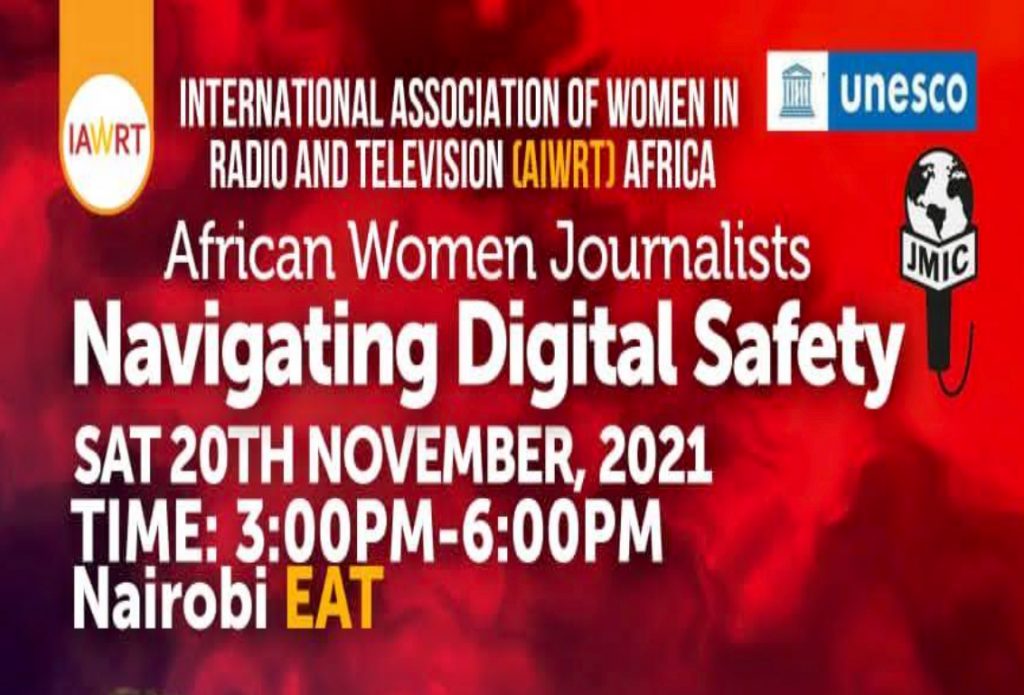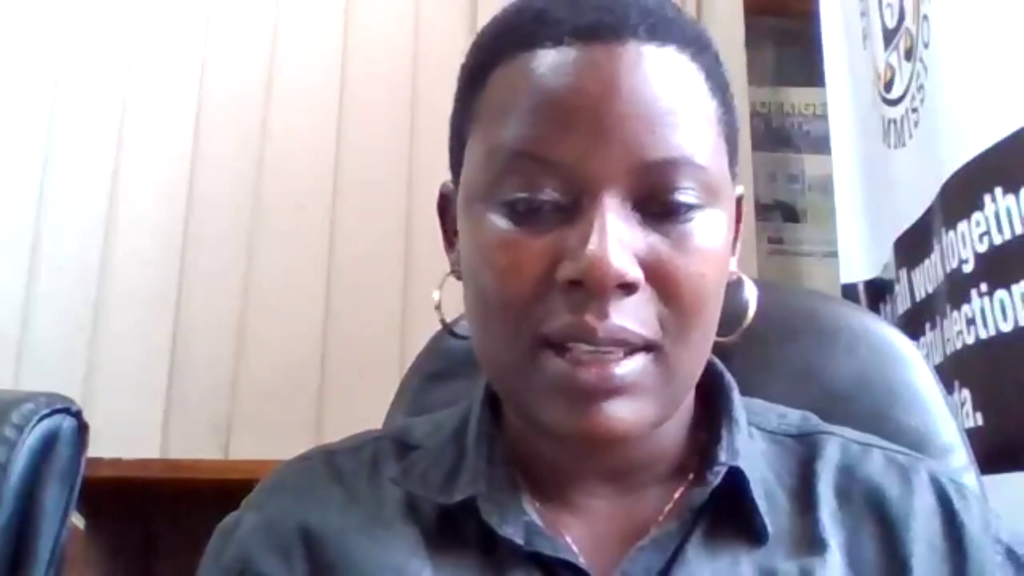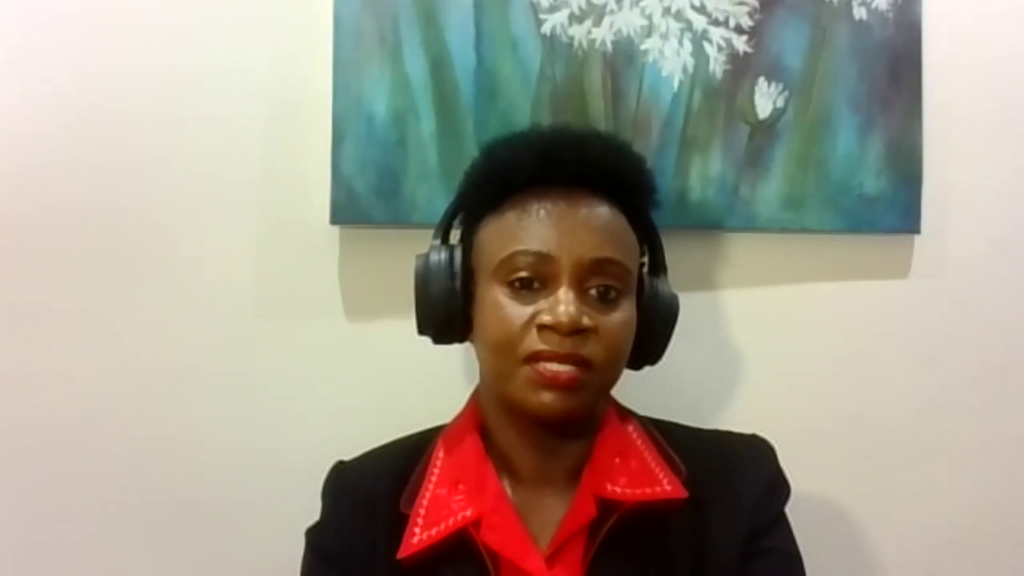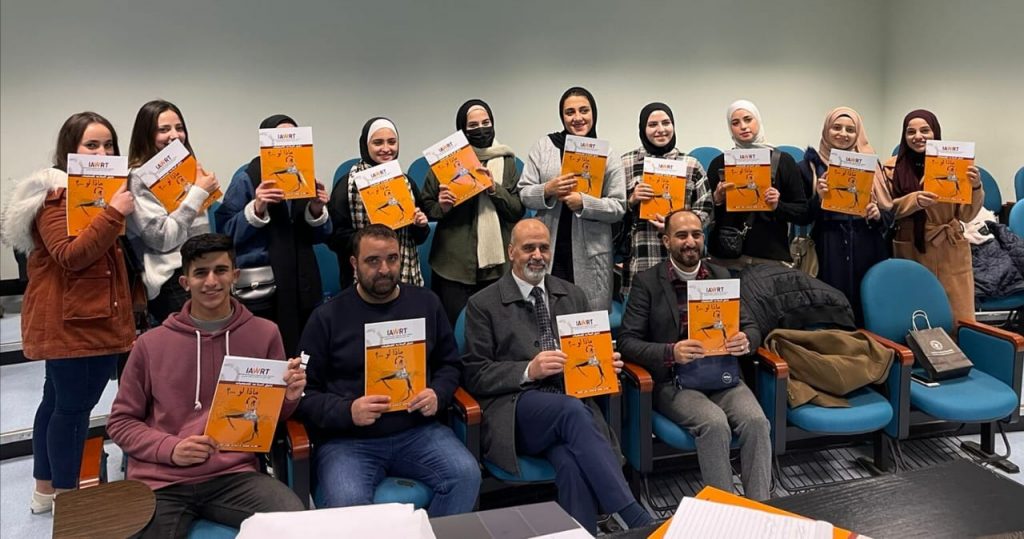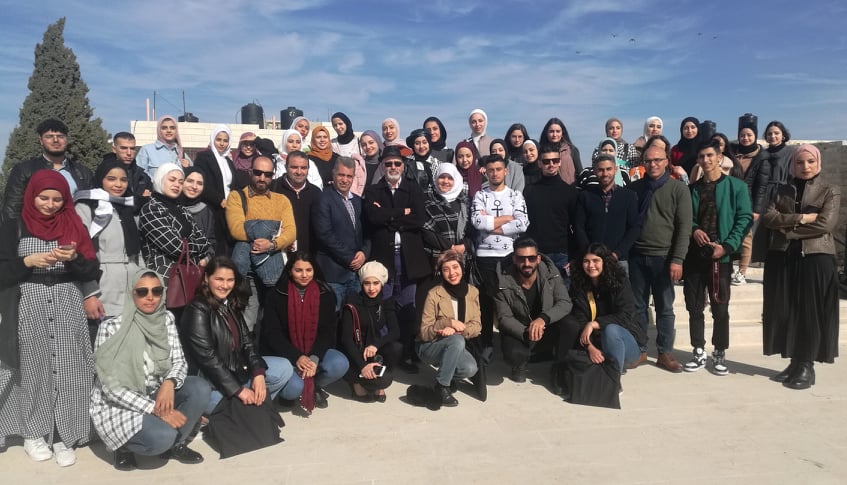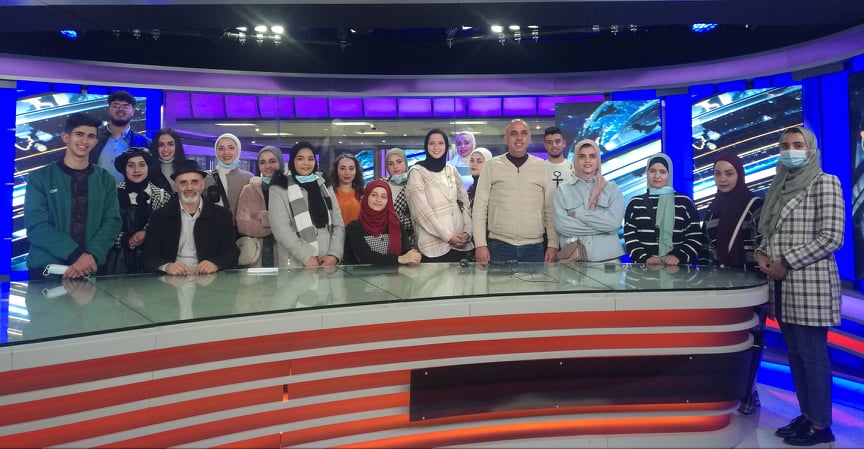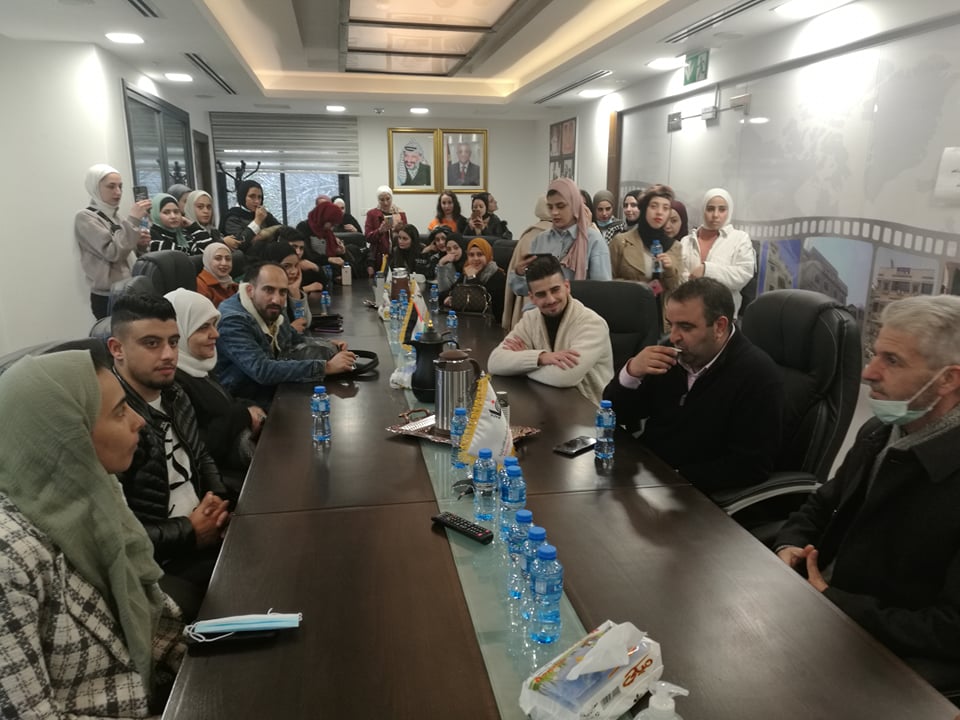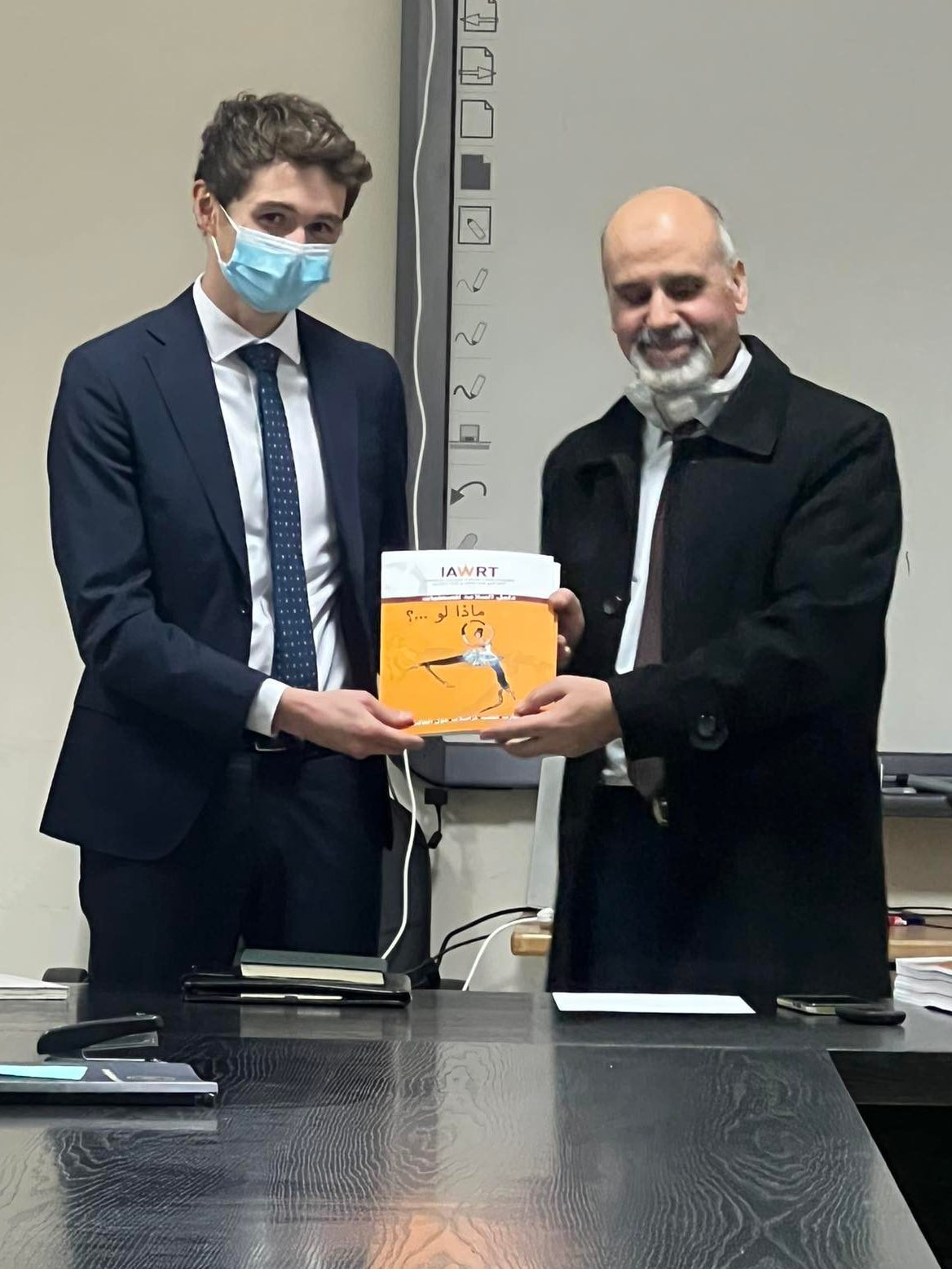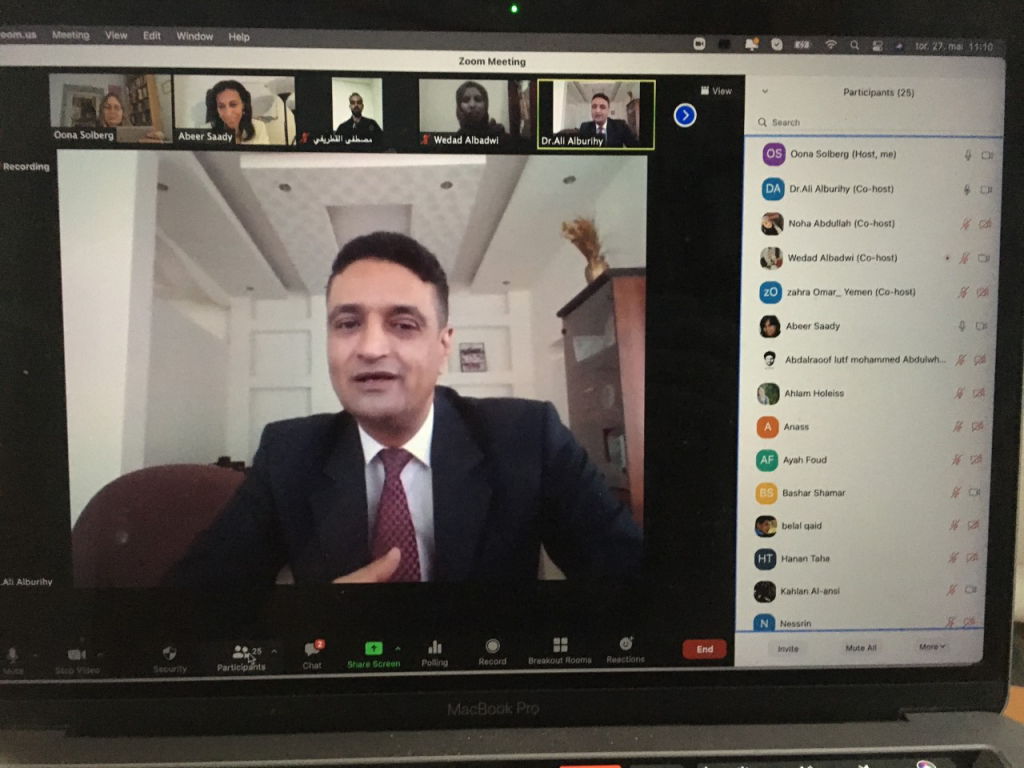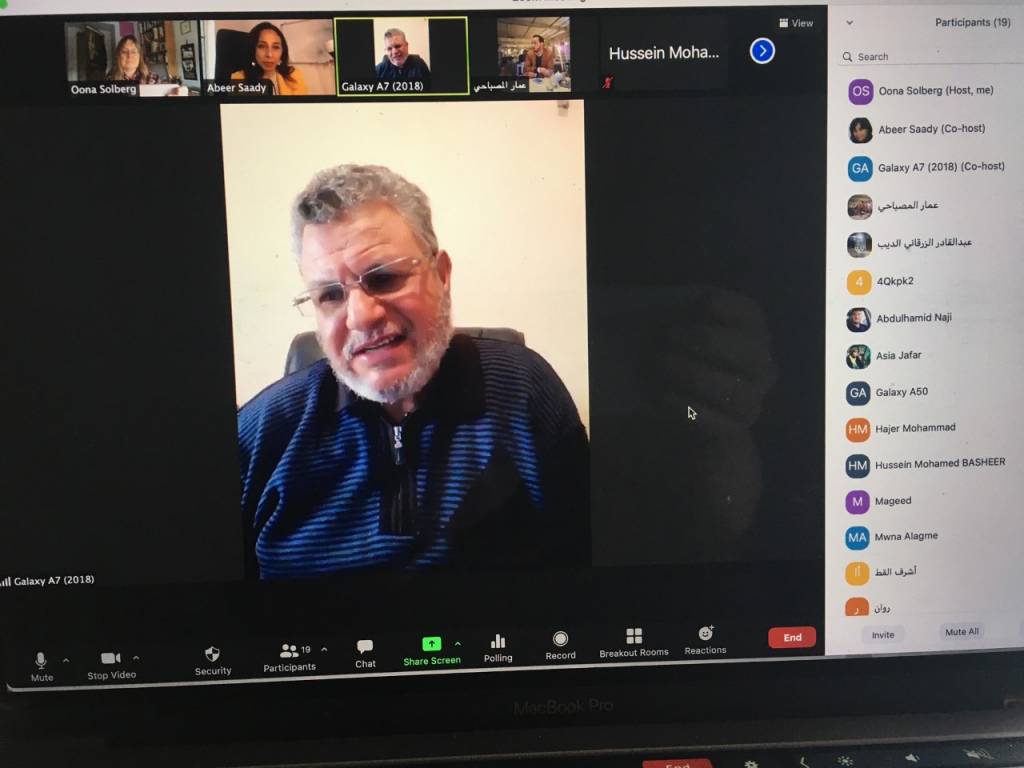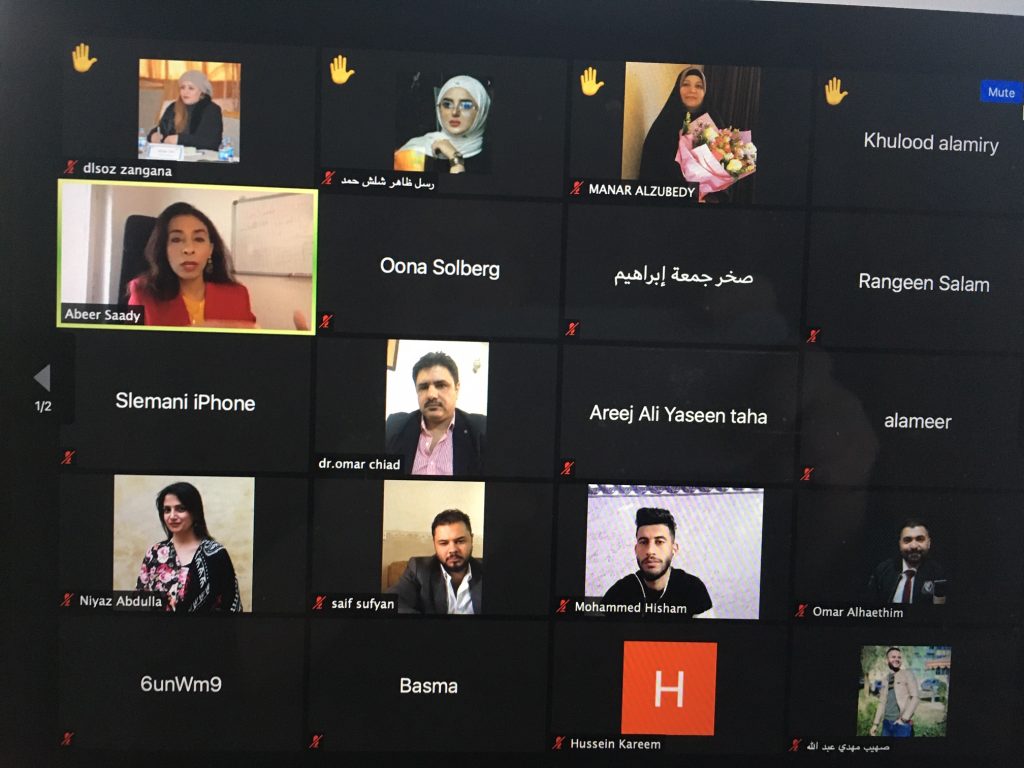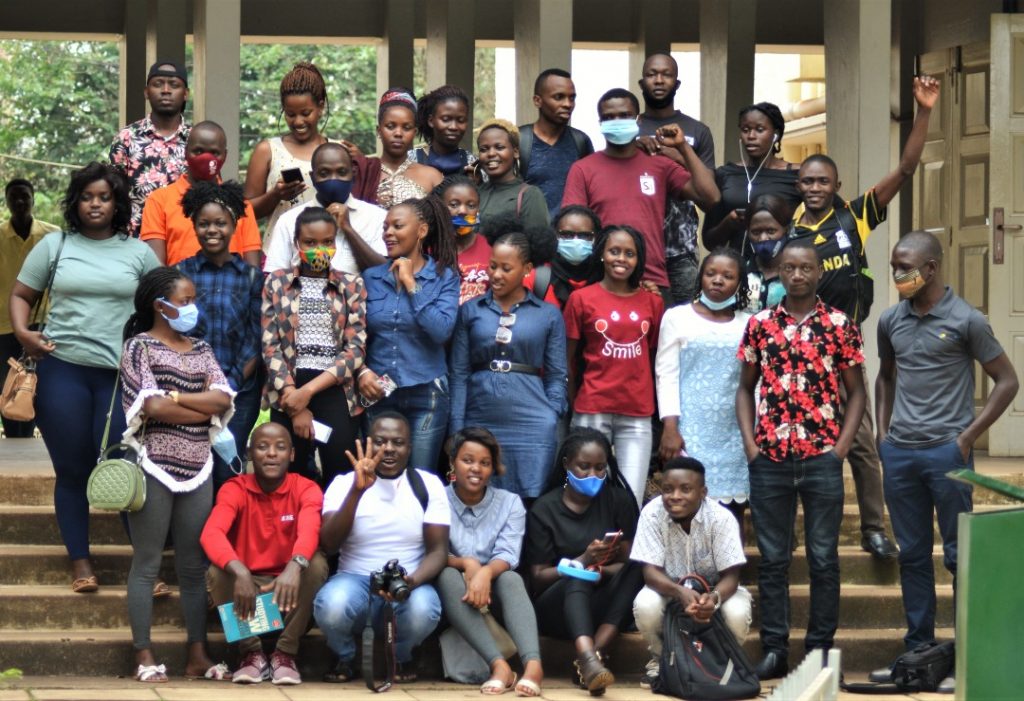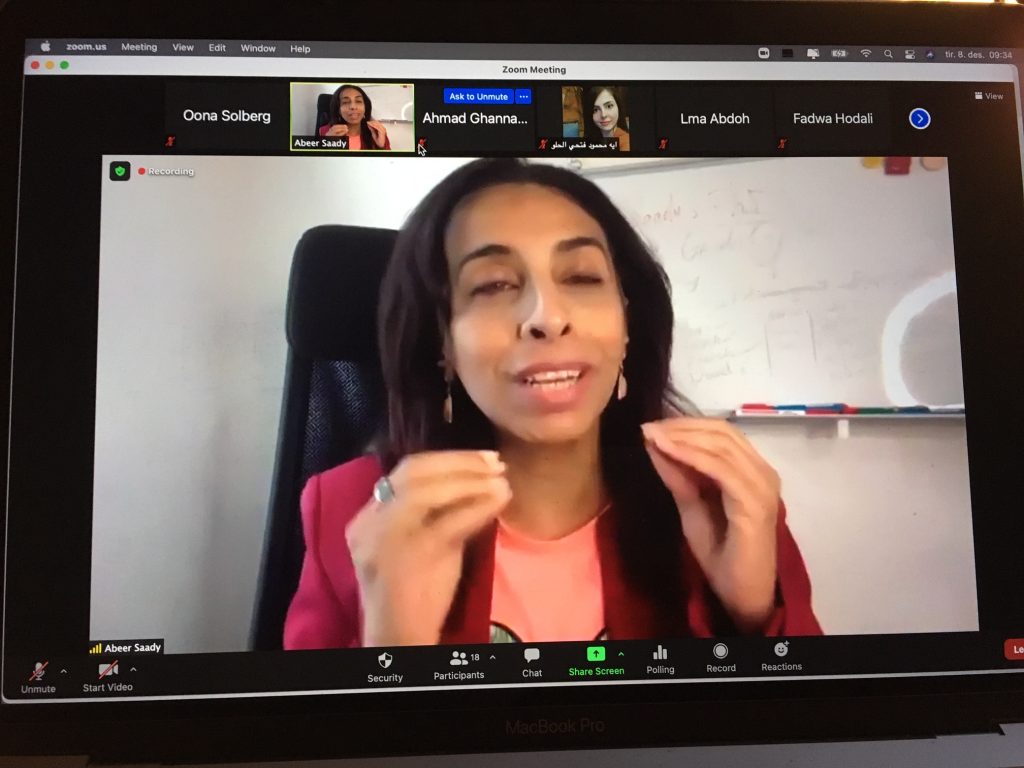Learn about safety for women journalists
A speaker from Russia will introduce the discussion on Challenges to the Safety of Women Journalists On Women’s day March 8th 2022 at 2 pm local time Oslo.
Watch the webinar:
Youtube: https://www.youtube.com/watch?v=D6P2HgkZUN4
Facebook: https://www.facebook.com/iawrt.org/videos/352664540071029
The webinar is a cooperation between International Association of Women in Radio and Television (IAWRT) and JMIC.
The speakers include Inna Berezkina, School of Civic Education in Russia, Ukrainian journalist Oleksandra Hrybenko, Kreshma Fakhri and Najiba Ayubi from IAWRT Afghanistan and Birgitte Jallov from IAWRT Denmark.
Therese San Diego will present experiences from a digital safe house in the Philippines by IAWRT, to be followed by Raiza Quallateon Mwawanga from IAWRT Tanzania, Naila Hamdy, from The American University in Cairo (AUC) in Egypt, Rand Sabbagh from the Syrian Female Journalists Network (SFJN), Sonali Dhawan from the Committee to Protect Journalists (CPJ)and Nabeelah Shabbir from International Center for Journalists (ICFJ).
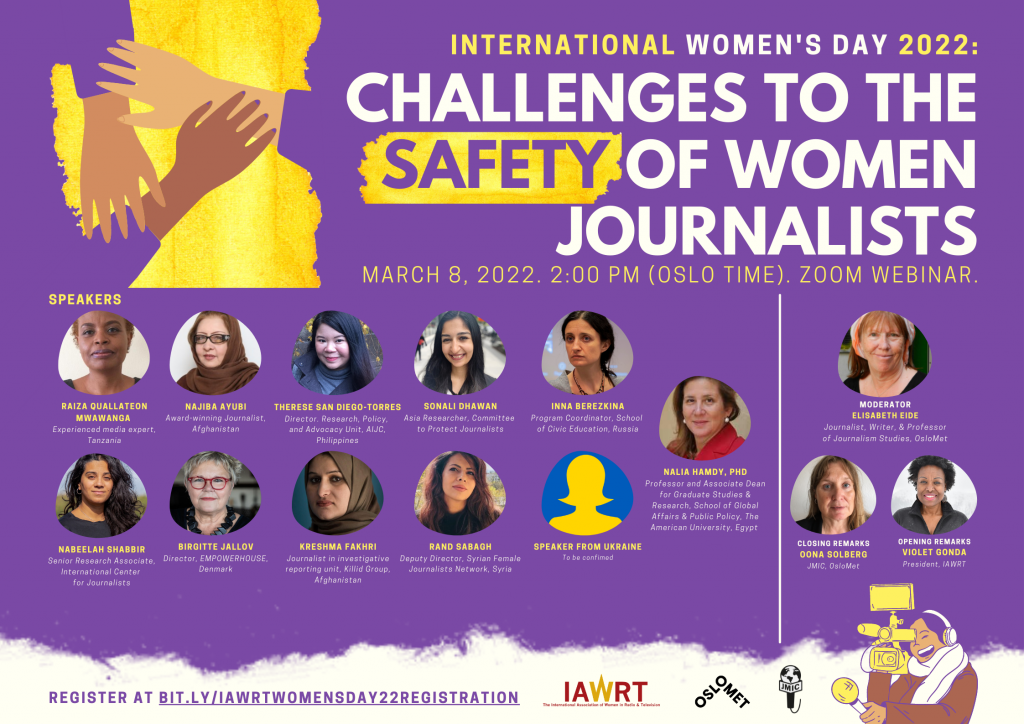
The webinar is a follow up from last year’s event on new research on media and gender, when a special issue of journalism education on gender and media was launched. This year we want to focus on the experiences with the Digital Safe House (DSH) in the Philippines to see which experiences can be relevant in other parts of the world – and of course look at challenges to the safety of women journalists in the light of the war on Ukraine.
Watch the webinar:
Youtube: https://www.youtube.com/watch?v=D6P2HgkZUN4
Facebook: https://www.facebook.com/iawrt.org/videos/352664540071029
More information and registration:
https://www.oslomet.no/en/about/events/safety-women-journalists

